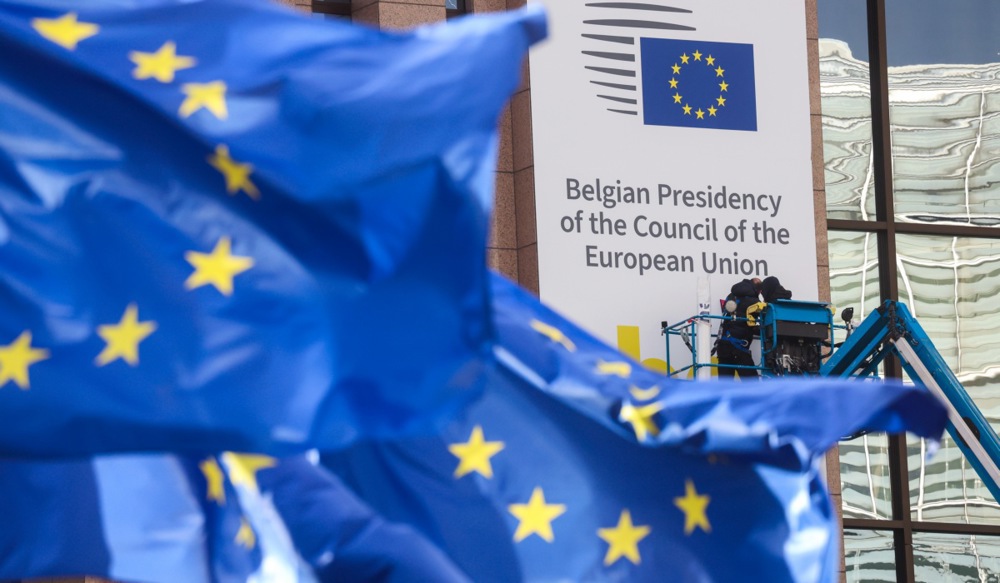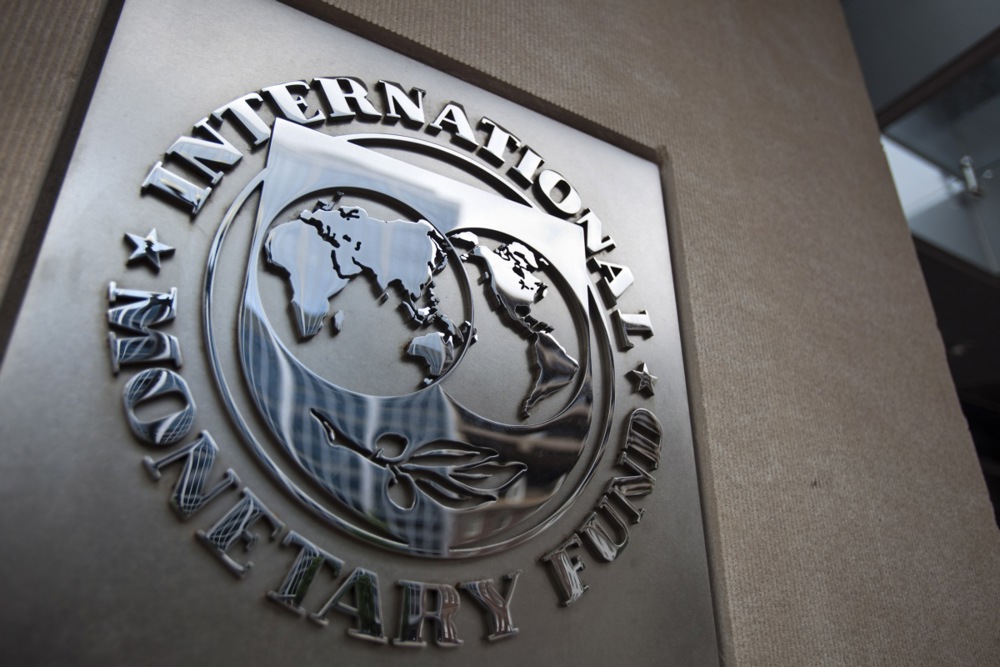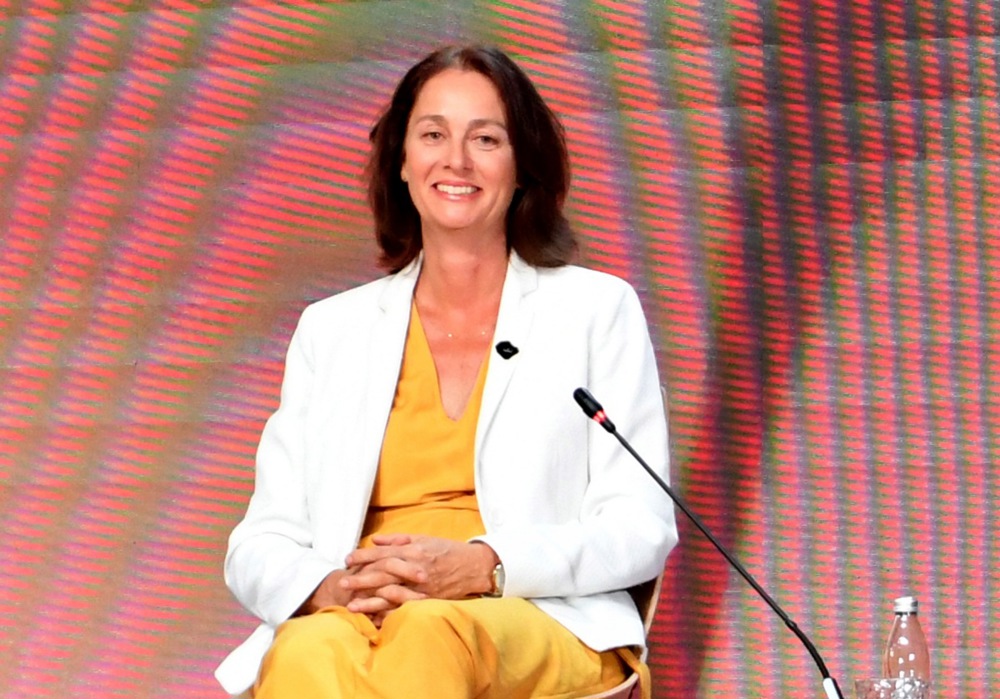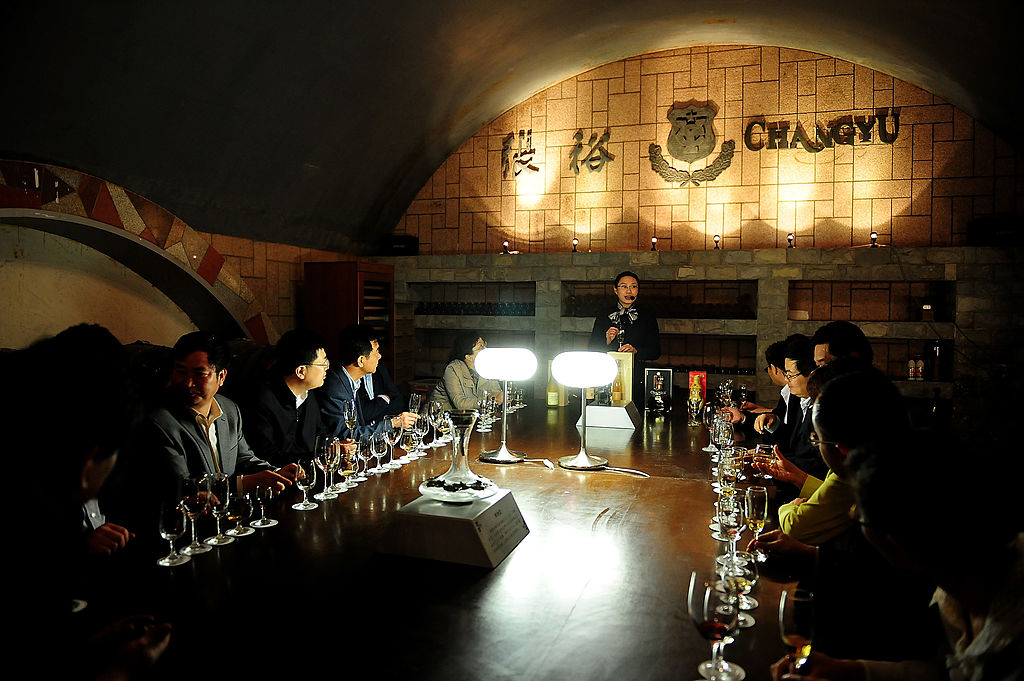Iran is manipulating political discourse in Europe via biased individuals disguised as “experts”, according to a report by Spanish MEP Javier Zarzalejos.
The report, presented on January 23 in the European Parliament in Brussels, highlighted revelations made of emails apparently showing ties between the Iranian foreign ministry and said “experts” upon whom “European governments and institutions were relying [for] analyses and recommendations”.
Under the guise of the Iran Experts Initiative (IEI), the report said these emails reveal Iran’s clandestine efforts to penetrate Western policy circles and media outlets to further its objectives, including its nuclear programme.
Directed by Iranian officials, relationships with overseas academics and researchers are cultivated, to propagate “Iran’s narratives within international policy forums and the media”, the report claimed.
The leaked emails span from 2003 to 2021 and show “academics and researchers who later ascended to prominent positions in the US government and European think-tanks and institutions, subtly yet significantly influencing policy decisions from within”.
The operation is reportedly designed to exploit Western desires for the existence of “a non-existent moderate faction within the theocratic regime in Iran”. It also disparaged the current opposition, including the National Council of Resistance of Iran.
NCRI claims to represent most of the democratic opposition in Iran and has received vocal support from several Western politicians.
It is unclear what its public standing is in Iran.
Zarzalechos called for “a deeper understanding of the mechanisms through which foreign governments can exert influence” and emphasises “the need for robust measures to safeguard democratic processes and institutions from such interventions”.
He said the report “is a testament to the critical importance of transparency, vigilance, and accountability in the face of covert influence operations”.
The MEP concluded: “It is time for European governments and all institutions, including the EU, to reconsider their past policies on Iran.”
It was also noted that the country has been charged with inciting Hezbollah, Hamas terrorists and the Houthi rebels, and of being supportive of Russia.
The report was presented by Zarzalejos and with former MEP Struan Stevenson and Farzin Hashemi, a member of the NCRI.





